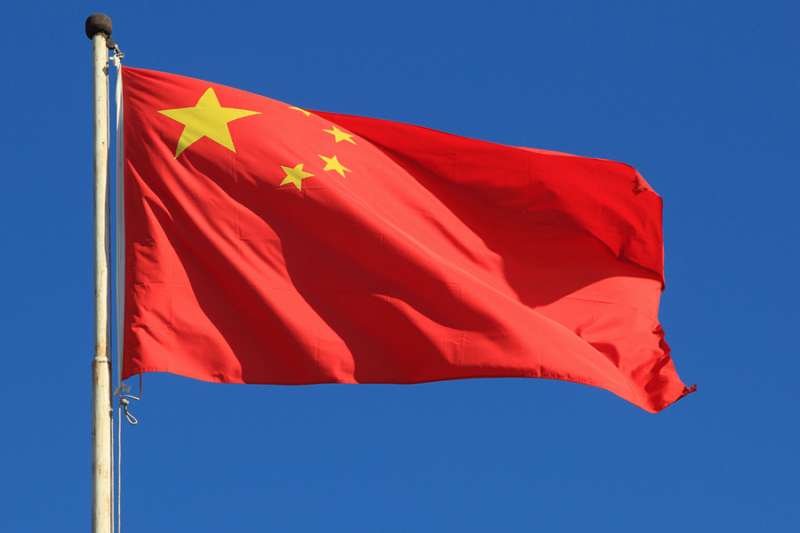The sanctuary of Our Lady of Mount Carmel in China's Henan province is a popular pilgrimage site for many Catholics, where thousands have journeyed since its founding in 1903 to pray and walk the shrine’s Way of the Cross.
However, on the evening of June 5, local government authorities tore down the sanctuary’s images of Christ along the Way of the Cross, only weeks after Chinese officials told Bishop Joseph Zhang Yinlin of Weihui (Anyang) to dismantle the Way of the Cross without any given reason.
The Way of the Cross was demolished during the night on Tuesday, said Bishop Zhang, when “excavators and pickup trucks were driven to the site at night because authorities feared there would be too many church members in the daytime,” according to UCA News.
Local nuns took videos and pictures of the damages and sent them to chat groups to record the vandalism. One religious source said the Communist Party was making an example out of the sanctuary, saying the government would “allow Catholicism to exist but not develop.”
The sanctuary of Our Lady of Mount Carmel is the only pilgrimage site in Henan province and is located in Tianjiajing village. It was a product of the vision of Bishop Stefano Scarella, P.I.M.E., who was vicar apostolic of Northern Honan from 1884 until his death in 1902. He dedicated the shrine to Mary, in gratitude for protecting missionaries during the Boxer Rebellion.
Every year, the sanctuary hosted an annual celebration July 16, where thousands of pilgrims visited from nearby provinces, such as Hebei and Shanxi. However, in 1987, the government banned large pilgrimage gatherings and limited the number of pilgrims to 300.
Despite the shrine’s rooted history in the province, the future of the sanctuary after the recent vandalism is unknown.
The damages sustained at Our Lady of Mount Carmel is indicative of mounting strikes against religious freedom in China. Last fall, one Protestant church was dismantled in the same province, and in February, towns throughout Henan were notified of a ban against publicly posting religious pamphlets.
Crosses at Catholic churches have also been removed and demolished by government officials in Henan, which is believed to have the second largest Christian population in the country, with roughly 2.4 million Christians as of 2009. Church-run kindergarten schools were additionally taken over by officials and closed without further notice, and one bishop’s tomb was desecrated.
Eight of Henan's ten dioceses have been ordered to be suppressed since Wang Guosheng became the Communist Party Secretary of the province in March.
Zhejiang province has also been a focus for local government persecution of Christians. There have also been reports of church demolition or removal of crosses in Shaanxi province and the Xinjiang Uyghur Autonomous Region.
The U.S. Commission for International Religious Freedom recently published its 2018 report in April, in which it identifies China as a Country of Particular Concern. This label is given to foreign governments that engages in or tolerates “systemic, ongoing, and egregious” religious freedom violations.
In April, a Chinese government official who oversees religious affairs said that government restrictions on bishop appointments are not a violation of religious freedom, as he emphasized that religions in China must “adapt to socialist society.”
President Xi Jinping, who was granted lifelong rule in March has urged greater government control and less foreign influence over religions in China. New restrictions were put in place by the Chinese government Feb. 1 making it illegal for anyone under the age of 18 to enter a church building.
There were widespread reports earlier this year that the Holy See was close to coming to an agreement with the Chinese government over bishop appointments.
The Church in China is split between an underground Catholic Church and the officially recognized Chinese Patriotic Catholic Association. Every bishop recognized by Beijing must be a member of the association, which is now under day-to-day direct supervision of the Chinese Communist Party.

